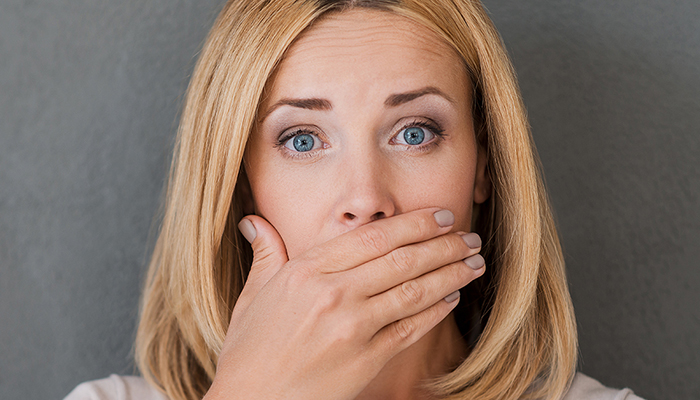There are a lot of bad smells in your home that you can identify and resolve, but some odors are signs of serious trouble. When you can’t find the source of bad smells, don’t ignore the problem and risk property damages. Instead, schedule odor removal and neutralization services.
1. Pet Smells
A lot of pets have natural odors. Unpleasant odors, however, are generally signs of trouble. For example, dogs with a lot of fur may begin to smell like mildew. Sometimes pets track urine or feces into homes on their paws. Animal accidents in the home can leave lingering odors long after they’ve been cleaned up.
Remediation generally involves finding the source (or sources) of odor and thoroughly cleansing the area with professional treatment products. In some cases, flooring may need to be removed and replaced.
2. Rotten Egg
Natural gas is a valuable source of energy in many homes and businesses. The odorless gas can be dangerous, however, so the chemical mercaptan is added to cause a “rotten egg” smell. If you notice this odor, leave the building immediately and call the gas company from a phone not connected to your property. Don’t turn anything on or off as the tiny spark could cause an explosion.
3. Mold and Mildew
Hidden mold could be the result of leaking pipes, clogged rain gutters, a lack of ventilation, or condensation around windows. Some types of mold are toxic and may affect your health.
Mold, in general, is bad for the internal structures in your home and could lead to swelling, weakened wood, stains, and other damages. If you smell any hit of musty air, contact professionals for odor removal and neutralization services.
4. Stale Air
It isn’t unusual for homes that were sealed up tight during the winter months to start to smell stale. An airtight building doesn’t experience a lot of air circulation unless you regularly open windows and invite fresh air in. An effective solution for this problem is the installation of heat recovery ventilation and energy recovery ventilation systems.
5. Sewer Smells
Odors in the bathroom are particularly unpleasant. When you smell sewer gas, you may have a clogged pipe or a sewer system backup. This problem should never be ignored. In addition to the annoyance of that smell, you may risk health problems (headaches, irritability, dizziness, infections, pneumonia) from the hydrogen sulfide and methane in the gas and extensive damages to the home.
6. Cigarette Smoke
If you or someone else in the building smokes, the scent remains for a very long time. Cigarette smoke soaks into walls, carpets, clothing, and permeable surfaces. There’s a term for breathing in those smells: third-hand smoke.
The health effects of breathing in the odors left behind can be as dangerous as first and secondhand smoke. Corrective steps require a lot of effort. Professionals may use heavy-duty equipment and products to thoroughly neutralize the smells.
7. Decay
Most communities face problems with pests, whether they are rodents or insects. Naturally, home and business owners take steps to control the entry of those pests into the building. Sometimes, however, animals still make it into the walls, behind appliances, inside chimneys, or in dark corners of an attic or basement.
When animals die in these spaces, a really bad smell may spread throughout the building. You may follow the path of the smell to the decaying animal and remove it yourself, but you should still consider hiring professionals to locate and seal off any entry points.
Instead of trying to mask odors with air fresheners and chemical air cleansers, focus on identifying the cause of the smell. Professional odor removal & neutralization services are key to identifying and correcting difficult odor situations. Contact United Water Restoration for the help you need today.





